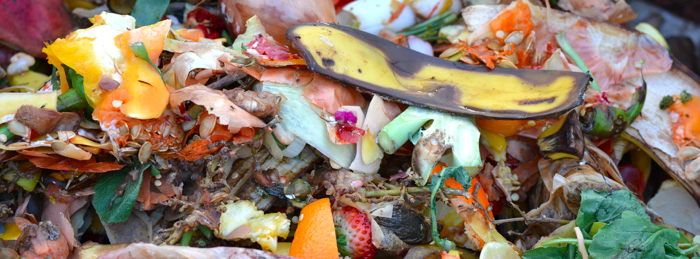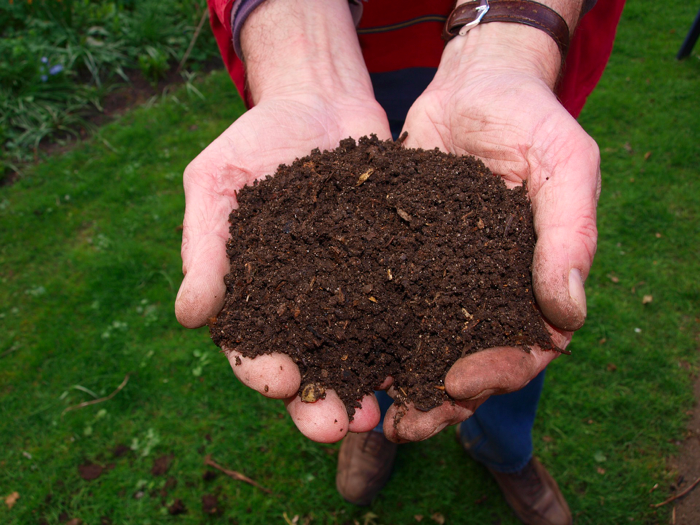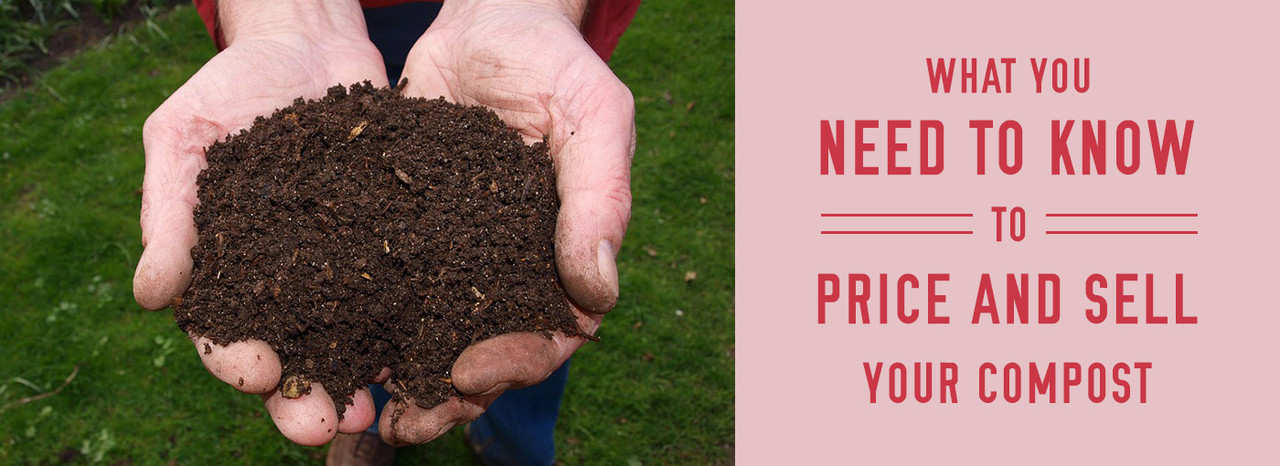Compost is a lucrative business. In 2014, of the 258 million tons of municipal solid waste generated, over 89 million tons were composted or recycled. Composting offers an opportunity to reduce landfill usage, reuse assets rather than allow them to become atmospheric pollutants, and reclaim revenue from live feed sources that would otherwise be discarded as waste.
For live feed producers interested in the compost business, getting started can be challenging. You’ll need to learn how to break into the market, how to convince customers of your product’s quality, and how to maintain quality from batch to batch. This article will discuss how to sell your compost and how to determine how much it is worth.

(Courtesy: Pixabay)
Our Assumptions
This article makes certain assumptions about you as a potential compost producer. First, this article assumes that you have access to a production facility that has enough storage and production space for the compost yield you are aiming for, and that you have enough work equipment and storage and production bins for your needs. If you need to acquire additional bins, Trashcans Unlimited is an excellent vendor to meet your needs, offering trusted quality and the best prices on commercial and decorative trash cans.
This article also assumes that you have adequate sources of live feed, the raw material needed to make your compost product. Be it farm waste, wood dust from commercial woodworking, landscaping clippings, or animal manure, it is important that you have an uninterruptible source. It is also important that you know the quality of the live feed: for example, did it come from products that were chemically treated?
Finally, it is assumed that you are aware of how to properly formulate your compost for the best growing yield. Organic products break down in unique ways, creating a distinct nutritional profile. Wood dust, for example, is nitrogen depriving. It must be matched with an organic product that is nitrogen providing, like manure. Even with this blend, it must be labeled appropriately; wood dust bears an herbicide that is unfriendly to certain berries, like tomatoes.
Marketing Will Set You Free
Assuming that you have a viable product to sell, the very first step in selling your compost is hitting the phone. You need to learn who your potential customer base may be and what they want. It is expected for a compost producer to be attuned to the needs of the market and able to aggressively pursue new areas of growth.
The composting market consists of landscapers, topsoil manufacturers, turf maintenance companies, decorative plant mulch manufacturers, greenhouses, commercial and family farms, flower and garden bed establishment services, and tree/shrub growers. As most of these businesses are seasonal, it is important that a compost producer can convince would-be buyers that the product can be produced and delivered in a timely manner with consistent quality. More than half of a compost producer’s annual yield can be sold in the spring. Compost-using businesses cannot afford to gamble on a questionable product, so your job will be to convince them of your product’s worth.
Another relevant factor in this process is storage space. Compost is a living product and must have space to breathe. In general, compost cannot be stored in batches taller than 15 to 20 feet, and water must be kept from the edges to prevent seeding and sprouting. Having enough space to properly store the salable product is essential. Proper spacing is also a factor in deliveries. You will need enough space for loading equipment and delivery trucks to operate and maneuver properly.
At this point in any conversation about compost, it’s impossible not to discuss comparisons between compost and commercial fertilizers or growth mixes. Many people wonder if compost is truly the most effective and worthwhile method, but not only does using compost reduce both airborne and water pollution, it is less toxic to handle, safer to store, and overall cheaper by acreage.
Talking to your potential customers will also help you figure out what they need, so that you can properly formulate your blend. A rainy area needs more mulch for proper drainage, while a dry area requires denser materials that will retain moisture. Being responsive to your customers’ needs makes it easier to sell your products to them. It is also not a bad idea to set up a test garden that uses your compost, so that customers can see the vitality of your product.

(Courtesy: Pixabay)
Pricing Your Product
Your prices must be competitive in order for your product to be attractive. When pricing your compost, make sure you’re taking into account not only the intended retail price of the product, but also the cost of delivering and applying it, if applicable. If you’re selling your compost in bulk directly to the consumer, on the other hand, the cost of packaging the compost and shipping it to retail locations will not be added to the customer’s cost.
The reality is that, as a new and unknown compost producer, the final cost of your compost must be the lowest in your local market segment. If your intention is to sell bagged compost, it must be cheaper than the equivalent amount of your competitors’ bulk compost. As it is nearly impossible for the customer to grade a year’s production of compost by sight, the primary way a customer will make a choice between competing brands – besides reputation and experience – is through pricing.
Research Is Key To Success
As with any business, the key to running a successful composting business is research. Not only is it important to know what your customer expects from your product, it is important to determine the ideal competitive price point for it. Composting is a business built on proper customer relations and on marketing; without these, there is no feasible way to sustainably sell your product, no matter how good it may be. To succeed, you must be willing to put yourself and your product forward, properly manage your infrastructure and product lines, and provide a good product at an attractive sale point.
Success in this $60 billion per year industry not only benefits you, but also benefits your community and the environment. But, like most businesses, success can only come to those willing to do the work.

